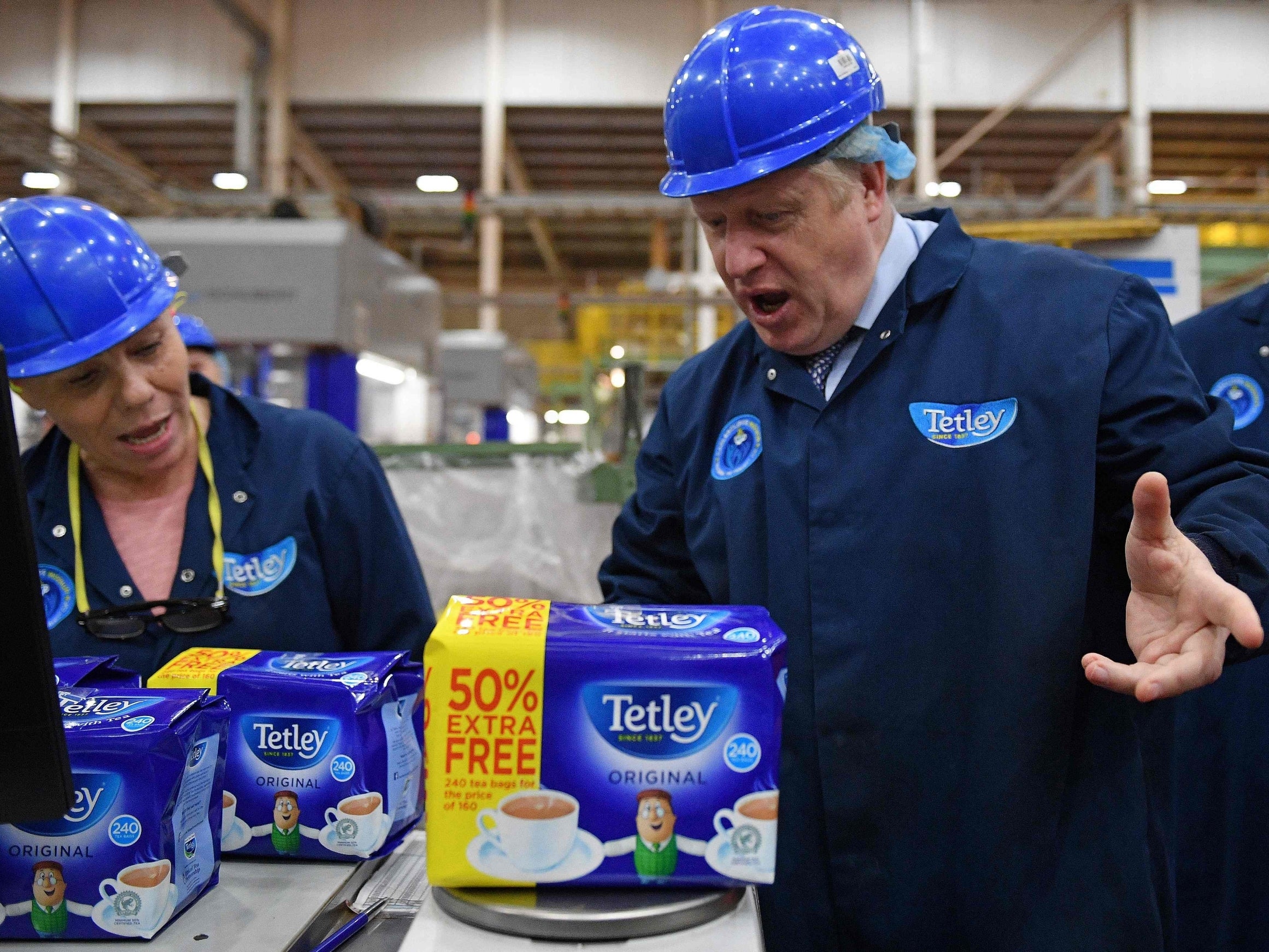Boris Johnson is suddenly in favour of state intervention – ‘conservatism’ means whatever suits him
Johnsonomics, as it may come to be known, is a rather random collection of populist ideas

There are at least three things wrong with Boris Johnson’s newfound faith in the power of state intervention in the economy.
First, it is profoundly un-Conservative. Or at least profoundly un-Thatcherite (though that is more a problem for them than the rest of the nation).
Ideological free marketeers such as Dominic Raab, Priti Patel, Sajid Javid, Jacob Rees-Mogg and many others must be wondering what on earth is happening to the party they thought they were members of.
It is four decades since Margaret Thatcher embarked on the long task of dismantling the state’s vast interests in everything from the telephone system to Jaguar cars to coal mines to British Airways. Under Tony Blair and Gordon Brown, New Labour refused to make much significant change to the new industrial frontiers between public and private ownership (at least until the financial crisis required the nationalisation of some of the leading banks).
It in fact betokens the thing that has become something of a leitmotif of the Johnson premiership thus far. Mr Johnson believes that Conservatism, as Humpty Dumpty might say, is whatever Boris Johnson says it means. So if it means a vast increase in state borrowing, so be it. If it means reversing austerity, so be it. If it means propping up the steel industry or farming, so be it. If it means eroding the rights of the House of Commons, an independent media, the judiciary, the civil service and the other checks and balances on executive power, so be it.
It begs the second question, however: is it an economically sensible way to proceed? The whole point of the Thatcher revolution was to improve the allocation of scarce resources in an economy with a hitherto large degree of state direction. Mistakes were made, as ideologues always say, and there are caricatures of what took place on both sides.
Broadly, however ,and in retrospect, the era during which the British state tried to run commercial or predominantly commercial enterprises was a failure, even though other countries had more success with the involvement of public bodies in their economy (Germany, France and Japan included).
There is a case, as there has always been, for utilities to have a degree of official regulation, as exists now, and to be in public ownership. But there are other enterprises – fibre broadband springs to mind – where it is not self-evident that the state could command resources more efficiently, even if the taxpayer is entitled to see some equity stake and a say in return for the investment being demanded.
Nor is it obvious why replacing the Common agricultural policy with some other artificial system of farm support is a better way for the country to order its affairs (even before we’ve considered Jeremy Corbyn’s plan to cover much of the land with billions of trees). One of the few advantages of Brexit might be the freedom to purchase cheaper food on world markets. Delete that and one major advantage to poorer households disappears at a stroke.
Third is the elephantine problem of how a revived state aid policy – including a “buy British” policy of public procurement, a protectionist strategy – is compatible with successful trade talks with the European Union, or indeed the United States or any other nation with an interest in ensuring a “level playing field”. The European Commission and US trade representatives might well wonder why they are being asked to open up markets to British cars, say, which benefit from an unfair advantage via sweetheart public-sector contracts, plus other hidden or overt incentives to inward investment.
Thus Johnsonomics, as it may come to be known, is a rather random collection of populist ideas, some Corbynite, some Trumpian: protection and state intervention mixed with, perhaps, deregulation in other areas such as workers’ rights but, conceivably, tougher environmental or animal welfare rules.
It all fits with the notion of “taking back control”, and having the British parliament make British laws to suit British conditions. Yet the UK cannot, under a Johnson or a Corbyn administration, escape globalisation or the influence of much larger trading partners.
It is randomonics, and it should puzzle voters as much as it must puzzle some of the prime minister’s more economically clear-headed colleagues.
Join our commenting forum
Join thought-provoking conversations, follow other Independent readers and see their replies
Comments